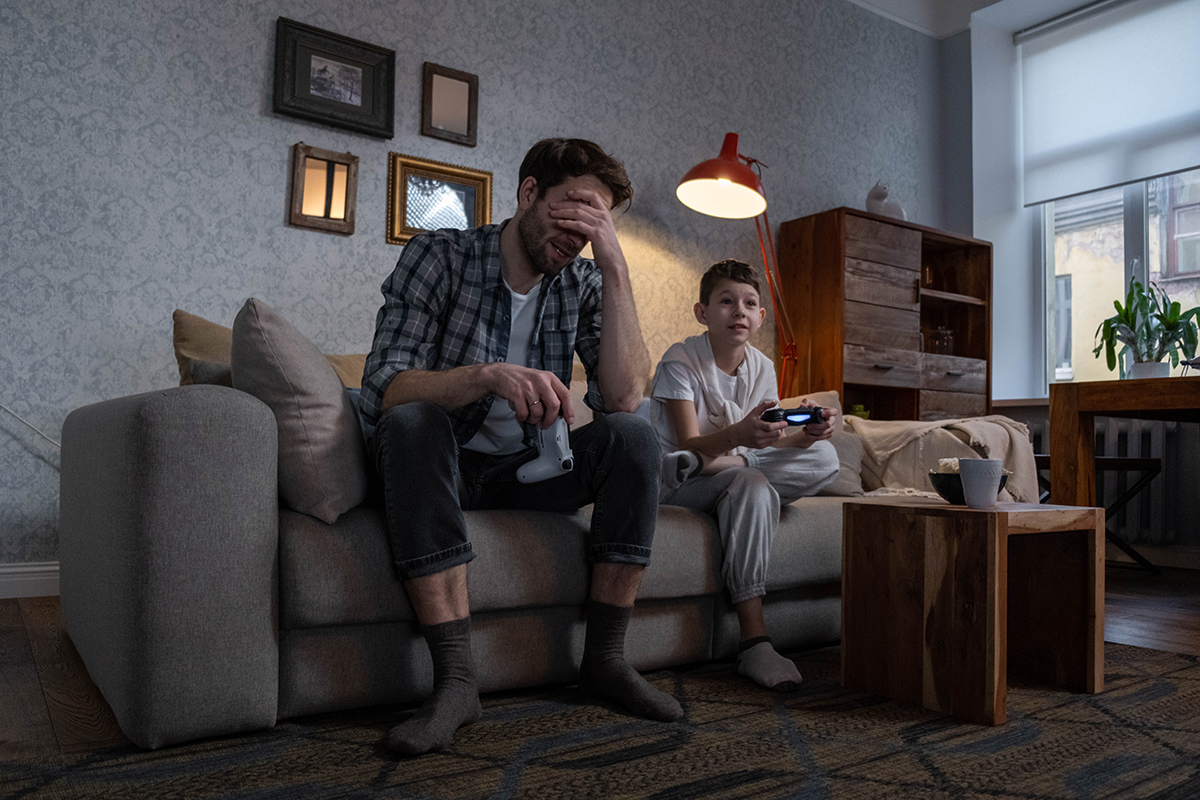Video games offer players escapism, excitement and a sense of accomplishment. However, for some people, casual gameplay can escalate into an addiction with significant personal, social and health consequences. How can you tell when playing video games crosses the line from a leisure activity to an unhealthy obsession?
The Mechanics Behind the Addiction
The World Health Organization classifies gaming disorder as a condition characterized by an inability to control gaming habits, prioritizing video games over other interests and daily activities despite adverse consequences. This behavioral pattern eventually becomes severe enough to significantly impair your family, social, educational or work responsibilities.
Why are video games addictive? Research suggests the brain releases a mood-boosting neurotransmitter called dopamine during gaming, especially after completing a task, solving a puzzle or unlocking an achievement. This chemical reward can create a feedback loop similar to that triggered by other addictive behaviors, such as substance abuse.
Another aspect is the psychological phenomenon known as “flow,” where players become so engrossed in gameplay that they lose track of time and their surroundings. This intense engagement is a sign of a profoundly enjoyable pastime that can quickly become a compulsion.
Warning Signs of Video Game Addiction
Identifying video game addiction involves noticing various behavioral changes and impacts on your daily life. Here are some signs that gaming has transcended a harmless hobby and has become a nearly irresistible desire.
- Neglecting responsibilities at home, school or work
- Losing interest in friendships, family gatherings or social activities
- Ignoring the need for sleep or hygiene
- Physical discomfort like eye strain or carpal tunnel syndrome
- Becoming irritable, angry or anxious when you cannot play games
- Spending increasing amounts of time or money on video games to feel satisfied
- Using video games as a primary coping technique for stress, anxiety, or depression
Managing and Overcoming Video Game Addiction
Breaking a gaming addiction involves several steps, starting with acknowledging the problem.
- Set limits: Establish boundaries around gaming, such as creating a designated time during the day when you play games and staying within that limit.
- Seeking professional help: A therapist can provide you with effective strategies to control your compulsive behaviors and address underlying issues.
- Finding alternatives: Try new hobbies that are equally rewarding and satisfying, such as sports, reading or arts.
- Building a support network: Connect with friends, family, or support groups who understand gaming addiction and can offer structure and accountability.
Request Help to Manage a Technology Addiction
At Pine Grove, we understand the complexities of technology addiction and have created a program for anyone who finds their quality of life affected by this challenge. We will equip you to use technology more responsibly without harming your productivity or relationships. Contact our national call center today to learn more.

